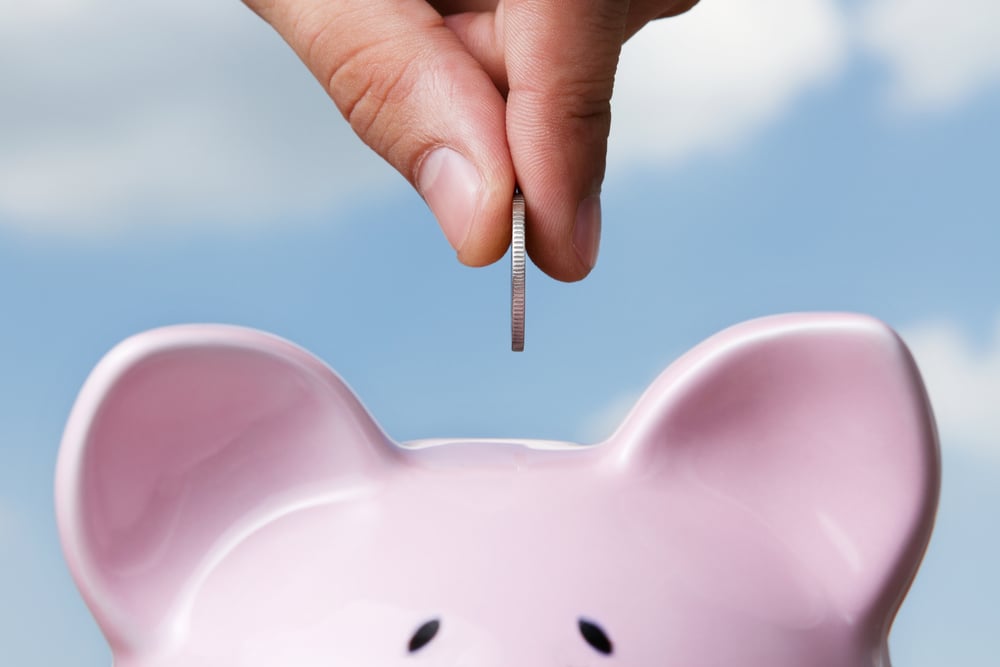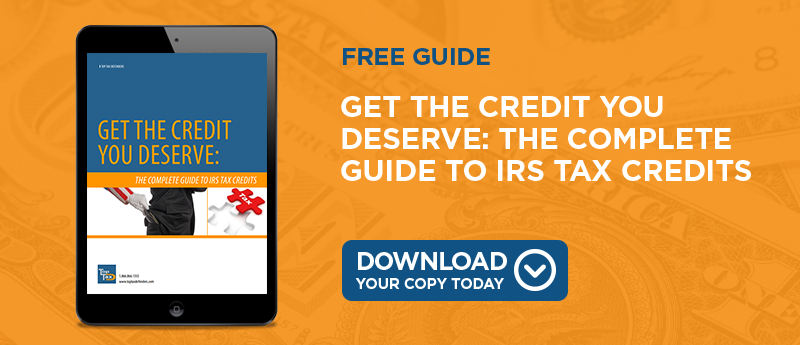
Are you expecting a large tax refund this year? Congratulations, you'll be receiving tax-free money that you can use however you like! If you want to be smart with your taxes and finances, though, you'll need to learn how to invest your tax refund. While using the funds for a luxury item such as a television or a new wardrobe might be tempting, using your tax refund as an investment will pay off in the long run.
1. Pay down Your Debt
Tax refund time is an ideal time to eliminate some of your debt obligations. If you receive a sizable refund, you may be able to reduce or pay off burdensome debts such as student loans and credit card balances. Start with the credit account with the highest interest rate and work your way down to the lower rate accounts.
However, while paying down debt can be a great idea, it won't help you cover your daily expenses. If you owe a large amount of debt, use part of your refund to make a lump sum payment and then divert the rest to savings.
2. Build up Your Savings
An emergency savings fund is a necessity for every household. Unexpected expenses or a sudden job loss can cause financial ruin, so having a ready stash of money can be a real lifesaver for taxpayers. Tax refund time is a perfect time to build a savings fund.
It's a good rule of thumb to put away three to six months' worth of your current income, so if you can, try to transfer all or part of your refund to this emergency fund. If you have a specific financial goal for which you need to save, such as buying a home, purchasing a car, or taking a trip, wait until you have an established emergency savings fund before you use your tax refund for these purposes.
3. Consider Long-Term Investing
Long-term investing is generally reserved for long-range goals such as sending a child to college or retiring from work. If you're ready to put your tax refund to work for the long-term, consider diverting it to your 401(k) account or to an IRA fund. Not only will you be putting money away for your future, you'll be earning interest that will help your money hold its value longer. In fact, if you take advantage of the IRA tax deduction, you can use your tax refund to boost your investing portfolio and get a tax break on the contribution next year!
Before you get your refund this year, think seriously about how you can invest it in your future. If you use your tax refund wisely, you'll reap the financial benefits for years to come!




